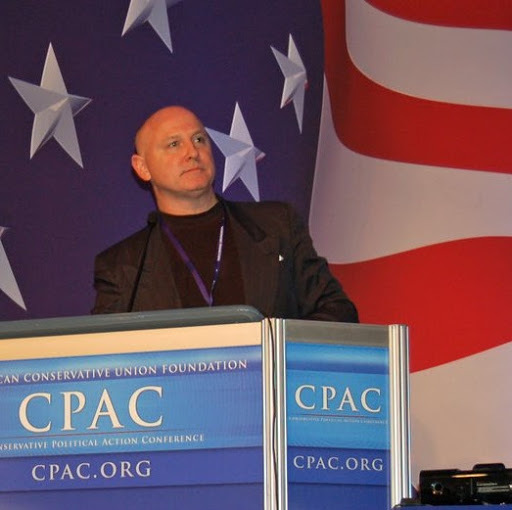
Clyde Wayne Crews Jr.
Wayne Crews is vice president for policy and director of technology studies at the Competitive Enterprise Institute and a former Cato Institute scholar. A one-time Libertarian candidate for South Carolina state senate, he is widely published, a contributor to Forbes.com, and author of the annual Ten Thousand Commandments, which the Wall Street Journal called “the best measure of the overall regulatory burden.” Wayne also compiles the Tip of the Costberg report on the expansion of government.
A frequent speaker on a range of policy issues, Wayne has appeared at venues ranging from the DVD Awards Showcase in Hollywood to the National Academies and the Future of Music Policy Summit. He has testified before congressional committees on various policy issues as well as spoken at European Commission-sponsored conferences and at the Spanish Ministry of Justice.
While not a lawyer, Wayne’s work is cited in dozens of law reviews and journals and in many books. A dad of four, he can still do a handstand on a skateboard and enjoys custom motorcycles, the beach and the Crews family farm. He is a member of Omicron Delta Epsilon economics honor society.
Wayne is co-editor of the books Who Rules the Net?: Internet Governance and Jurisdiction, and Copy Fights: The Future of Intellectual Property In the Information Age. He is co-author of What’s Yours Is Mine: Open Access and the Rise of Infrastructure Socialism, and a contributing author to other books.
He has made various TV appearances on Fox, CNN, ABC, CNBC and the Lehrer NewsHour, and on national radio such as NPR and the Jim Bohannon Show. His reform ideas have been profiled and editorialized in such publications as the Washington Post, Forbes.com and Investor’s Business Daily.
Wayne created CEI’s c:spin tech newsletter series, and co-created CEI’s OnPoint policy series and the Cato Institute’s TechKnowledge newsletter in 2001 (the first issue of which presented “The Libertarian Vision for Telecom and High-Technology” with Adam Thierer, which helped inspire the Declaration of Internet Freedom of 2012). He coined the term “Splinternet” in Forbes in 2001 to underscore alternatives to government over-regulation of the online communications and experiences.


